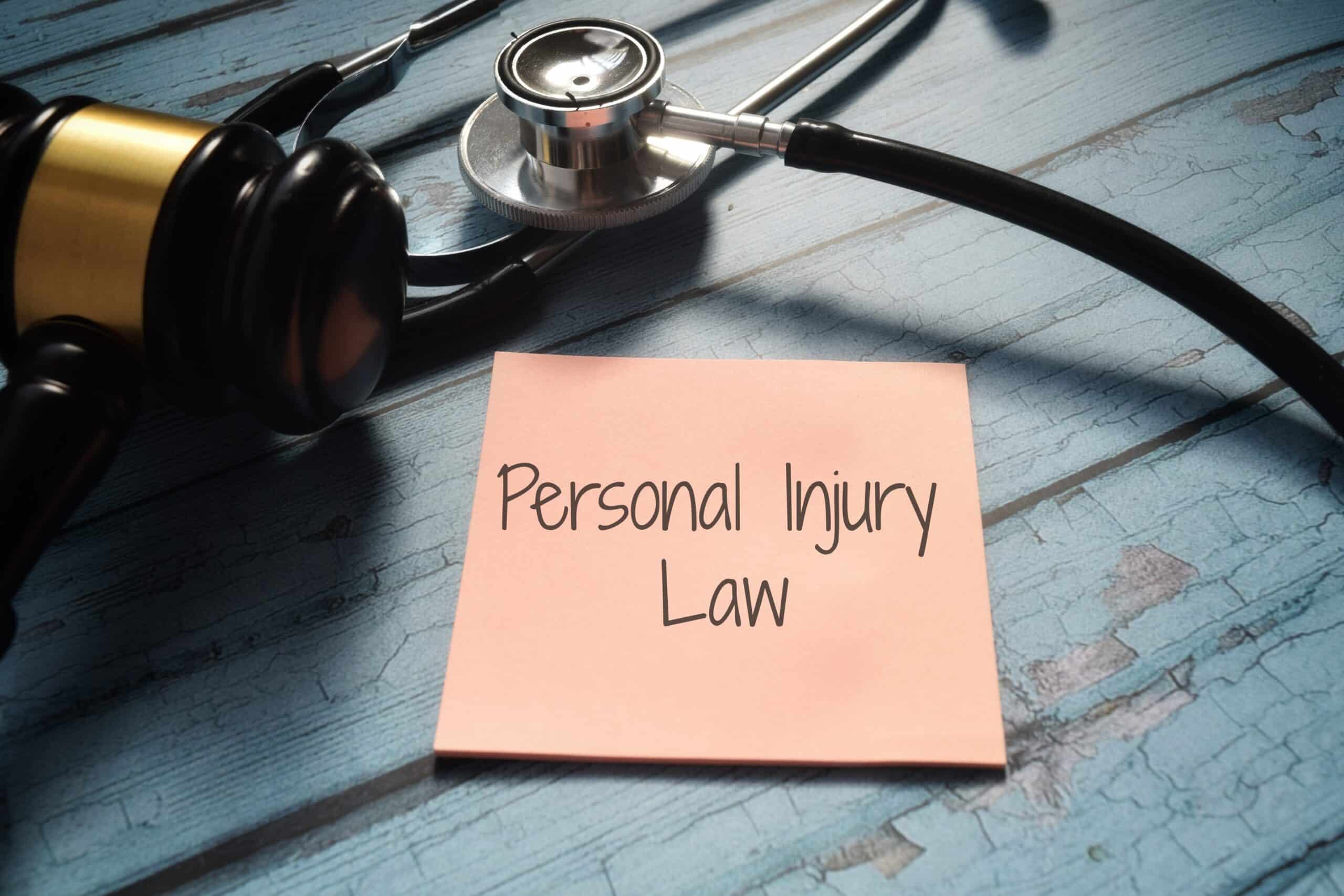The vast expanse of the open sea, with its boundless horizon and endless possibilities, has long been a source of fascination and livelihood for many. Cruise ships serve as floating microcosms of societies within this maritime world, with unique challenges and legal considerations.
This blog delves into the intricate web of maritime laws that come into play when crew members on Florida cruise ships suffer injuries. We will explore two crucial pieces of legislation – the Jones Act and the Longshore and Harbor Workers’ Compensation Act (LHWCA) – and shed light on their implications for legal proceedings. It is important to note that this information is educational and informative, not legal advice.
The Jones Act: A Closer Look
The Jones Act, formally known as the Merchant Marine Act of 1920, is pivotal in addressing injuries sustained by crew members at sea. Unlike traditional workers’ compensation laws, the Jones Act provides an avenue for seamen to seek compensation for injuries caused by the negligence of their employers or fellow crew members.
To qualify for protection under the Jones Act, an individual must meet the legal definition of a “seaman.” This typically includes individuals who contribute to the function of a vessel or fleet and spend a significant amount of their time at sea.
The Act empowers eligible crew members to file personal injury claims against their employers. In such cases, negligence plays a central role, and claimants must establish that their injuries resulted from the employer’s failure to provide a safe working environment or the vessel’s unseaworthiness.
The Jones Act, with its focus on maritime negligence, opens a pathway for injured crew members to seek damages beyond the limited scope of traditional workers’ compensation.
The Longshore and Harbor Workers’ Compensation Act (LHWCA)
While the Jones Act primarily addresses the needs of seamen, the LHWCA extends coverage to maritime workers who do not meet the criteria for seaman status. This includes longshoremen, harbor workers, and other individuals engaged in maritime activities on or near navigable waters.
The LHWCA is a federal workers‘ compensation program designed to provide financial protection to those injured while performing maritime-related duties.
In the context of cruise ship crew members, the LHWCA becomes relevant when injuries occur while the ship is docked or undergoing maintenance in a shipyard. Unlike the Jones Act, which focuses on negligence, the LHWCA operates as a no-fault system.
This means injured workers are entitled to compensation regardless of who is at fault for the accident. Compensation under the LHWCA covers medical expenses, disability benefits, and vocational rehabilitation.
Implications for Legal Proceedings
Navigating the complexities of maritime laws requires a nuanced understanding of both the Jones Act and the LHWCA. The choice between these legal avenues depends on the specific circumstances of the injury, the individual’s employment status, and the location of the incident. Consulting with an experienced personal injury lawyer becomes crucial in determining the most appropriate course of action.
When a crew member suffers an injury on a Florida cruise ship, the interplay between state and federal laws adds an additional layer of complexity. Understanding the jurisdictional nuances and the implications of each law is essential for building a solid case.
Moreover, the time-sensitive nature of these cases underscores the importance of seeking legal counsel promptly to ensure that deadlines for filing claims are met.
Consulting with an Experienced Personal Injury Lawyer
The intricate dance between the Jones Act and the LHWCA necessitates the expertise of a seasoned personal injury lawyer with a deep understanding of maritime laws. These cases demand meticulous attention to detail, a comprehensive knowledge of legal precedents, and the ability to navigate the intricate waters of both federal and state jurisdictions.
An experienced lawyer can assess the unique circumstances surrounding a crew member’s injury, determine the appropriate legal avenue, and guide the injured party through the legal proceedings. Additionally, legal counsel can help gather evidence, negotiate with insurance companies, and advocate for the maximum compensation to which the injured party may be entitled.

Personal Injury Claims For Cruise Ship Crew Members
In the maritime world, where the sea meets the shore, the complexities of maritime laws come into play when a cruise ship crew member suffers an injury. The Jones Act and the LHWCA provide distinct legal avenues for seeking compensation, each with its own criteria and implications. Understanding these laws and their interplay is crucial for injured crew members seeking redress.
While this blog provides an educational overview, it is essential to consult with an experienced personal injury lawyer to navigate the specific details of a case. The maritime legal landscape is intricate, and having a knowledgeable advocate by your side can make all the difference in securing the compensation and justice that injured crew members deserve.
About the Author:
Andrew Winston is the founding partner at the personal injury Law firm, The Winston Law Firm. For over 20 years, he has successfully represented countless people in all personal injury cases, focusing on child injury, legal malpractice, and premises liability. He has been recognized for excellence in representing injured clients by admission to the Million Dollar Advocates Forum and named one of America’s Top 100 High-Stakes Litigators. Mr. Winston is AV Preeminent, Rated by the Martindale-Hubbell for the highest level of professional ethics, enjoys a 10.0 rating by AVVO as a Top Personal Injury Attorney, and has been selected as a Florida Top 100 “Super Lawyer” and Miami Top 100 “Super Lawyer” – an honor reserved for the top 5% of lawyers in the state – was voted to Florida Trend’s ”Legal Elite,” recognized by Expertise as one of the 20 Best Personal Injury Attorneys in Fort Lauderdale and 20 Best Car Accident Lawyers in Fort Lauderdale.







